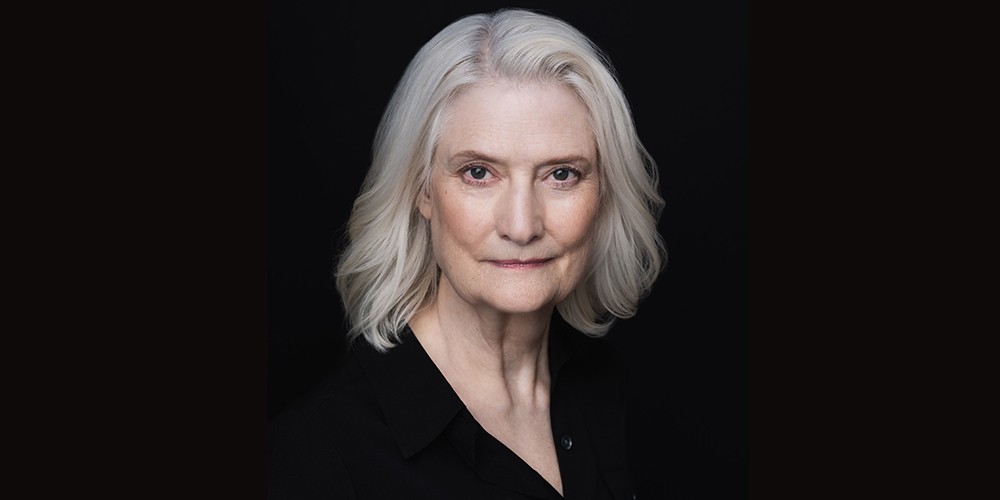Alumni Spotlight: Terese Svoboda '78
The Alumni Spotlight is a place to hear from the School of the Arts alumni community about their journeys as artists and creators.
Terese Svoboda '78, author of 22 books of poetry, fiction, memoir, biography, and translations from the Nuer, has received the Guggenheim, Bobst Prize in fiction, Iowa Poetry Prize, NEH translation grant, Graywolf Nonfiction Prize, Jerome Foundation Prize in Video, the Appleman for a libretto, NEA media grants, the O. Henry Award, and Pushcart Prize for the essay. Three-time winner of the New York Foundation for the Arts fellowship, she has been awarded Headlands, James Merrill, Yaddo, MacDowell, Bogliasco, Hermitage, Hawthorden, and Bellagio residencies. Her opera WET premiered at RedCat Theater in L.A.'s Disney Hall, and this year she was invited to the Sorbonne to discuss her work. Dog on Fire, her eighth novel, has just been published. Her eighth book of fiction, the novel Roxy and Coco, and The Long Swim, her third collection and winner of the Juniper Prize, will be published in 2024.
Was there a specific faculty member or peer who especially inspired you while at the School of the Arts? If so, who and how?
Fanny Howe was an adjunct when she so tenderly surrounded my poems with her astute commentary. Not that much older than myself, she struck me as having such a strong sense of vocation despite the clamor of the world—okay, sex and the city—that to dedicate oneself to anything else was a waste of time.
How did attending the School of the Arts impact your work and career as an artist?
I came with a BFA in both studio art and creative writing from the University of British Columbia and was lucky my first year to continue work in ceramics while attending classes in poetry barefoot with my little dog. The School allowed me to take a year's leave of absence to make films and translate in the Cook Islands and Sudan. On my return, I met Grace Paley in the office who, seeing the baby strapped to my chest, gave me the best advice of my career: "Low rent."
What were the most pressing social/political issues on the minds of the students when you were here?
The brilliant poet David Shapiro smoked a cigar in the president's office amidst the Vietnam protests a few years earlier—and whatever he had to say as an instructor about nearly any area of literature was riveting. But by then, the women's movement was ascendant, and I became a member of a women's poetry group that was very strict about appropriate subjects.
What was your favorite or most memorable class while at the School of the Arts?
Dan Halpern taught a class reviewing the most current books of poetry and would sometimes gather us in his spacious apartment in the 30s, headquarters of his Antaeus press. I lived a block away in an old office building not really converted into living space. We snuck into the hotel across the street for showers and scrounged through the garbage for chairs. Poetry could pay was the lesson I absorbed, but one that I had to quickly rethink.
What were the first steps you took after graduating?
Since I'd returned that second year with a film project on Sudanese people, I'd had some experience raising money for media. I took a job at the Columbia Translation Center to develop a film series they were proposing about oral traditions around the world.
What advice would you give to recent graduates?
Everyone expects to be published a minute after graduation, preferably before. After years of teaching at many institutions—including SOA—I observed that most graduates take ten years to publish. So relax. Don't measure your progress against anybody else's. Make your story or collection of poems yours, not your peers or instructors.
